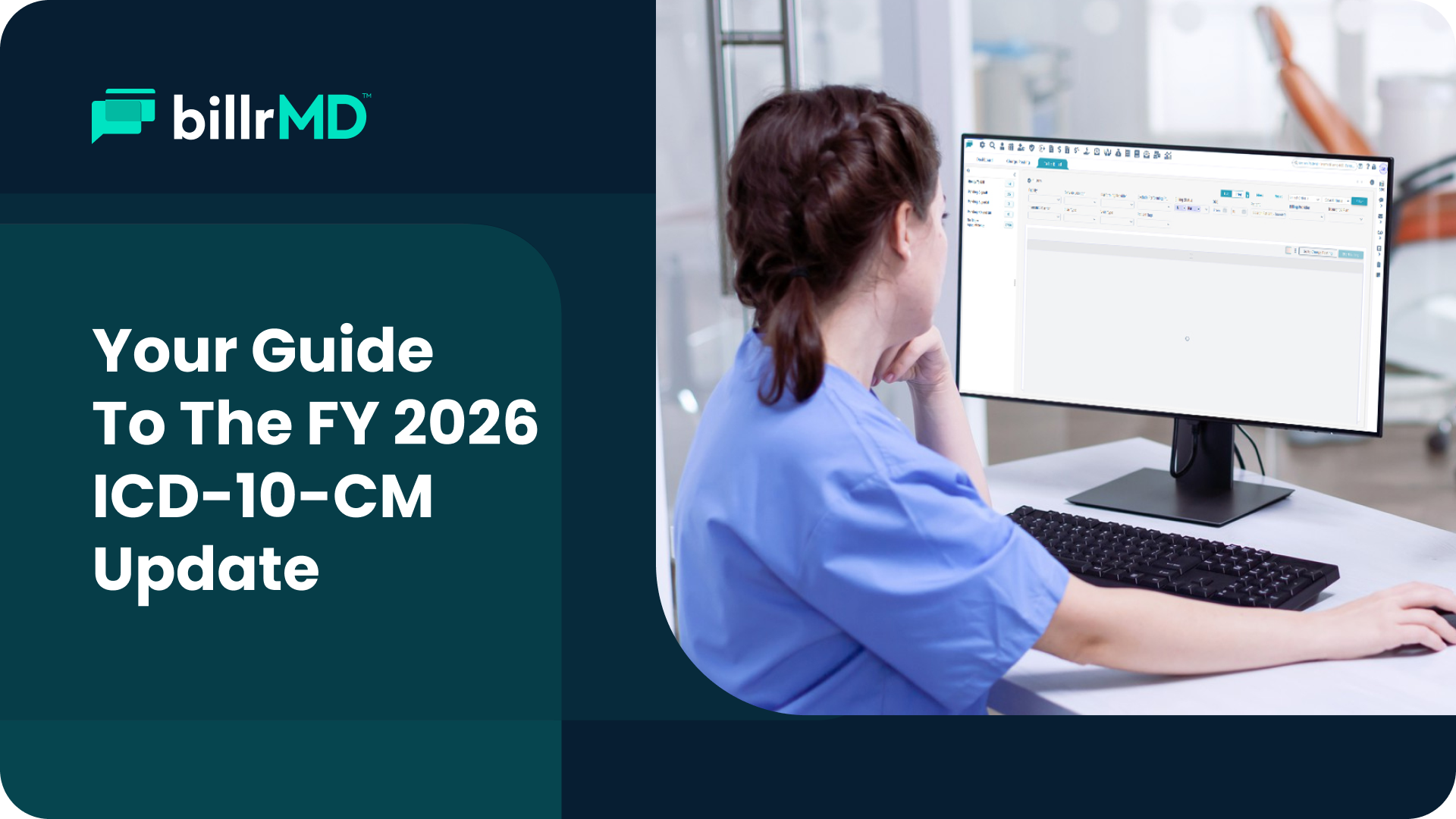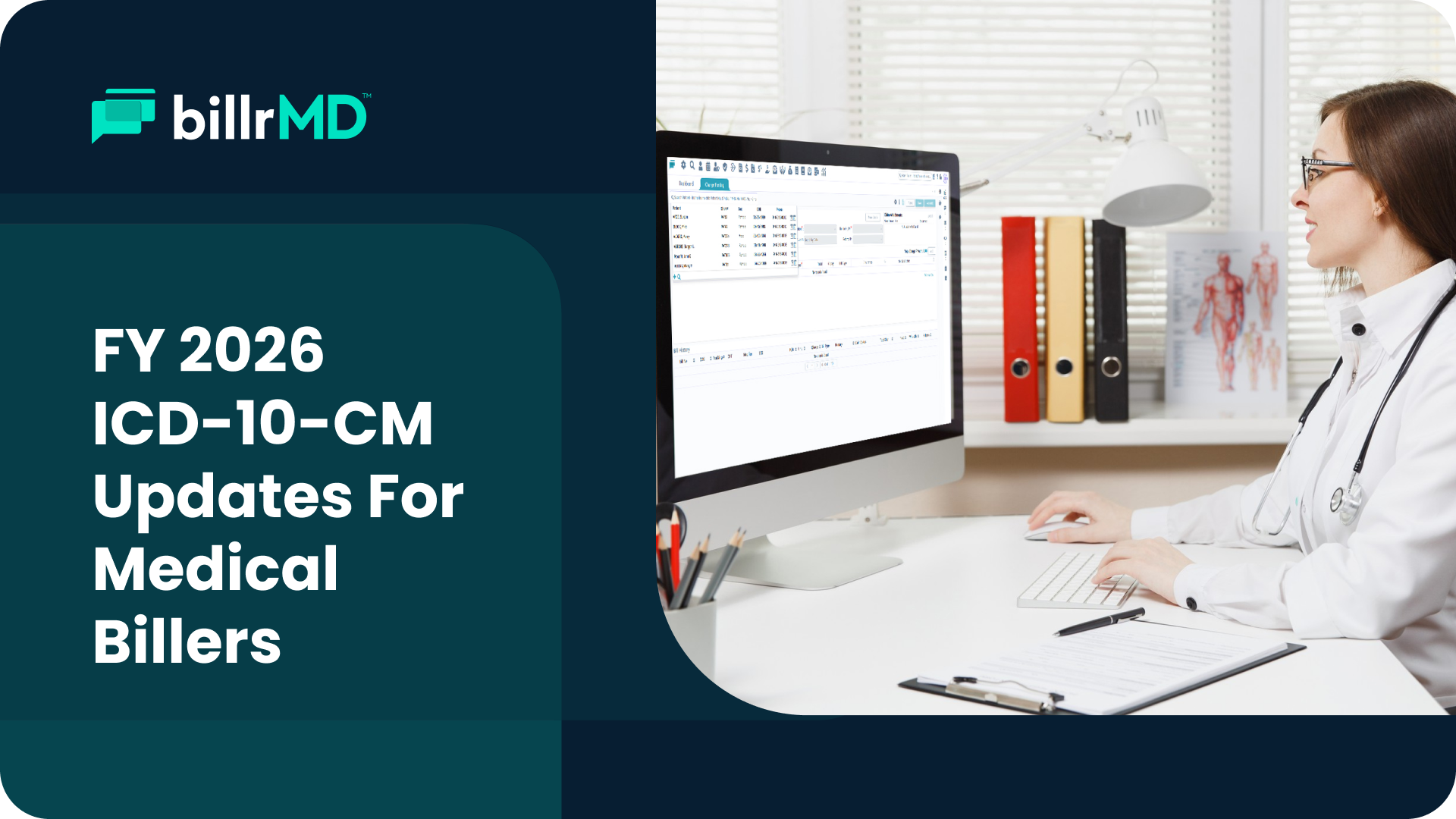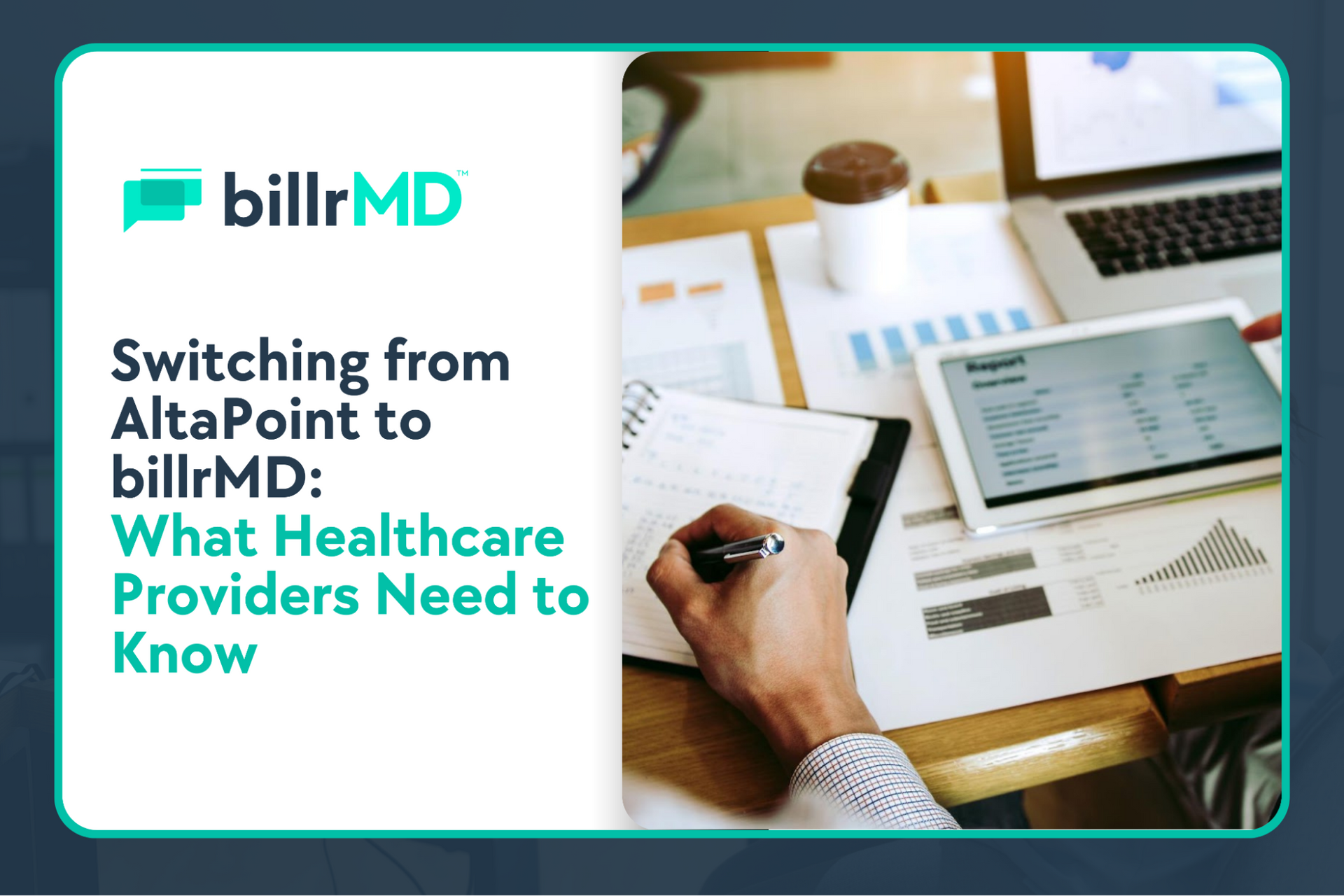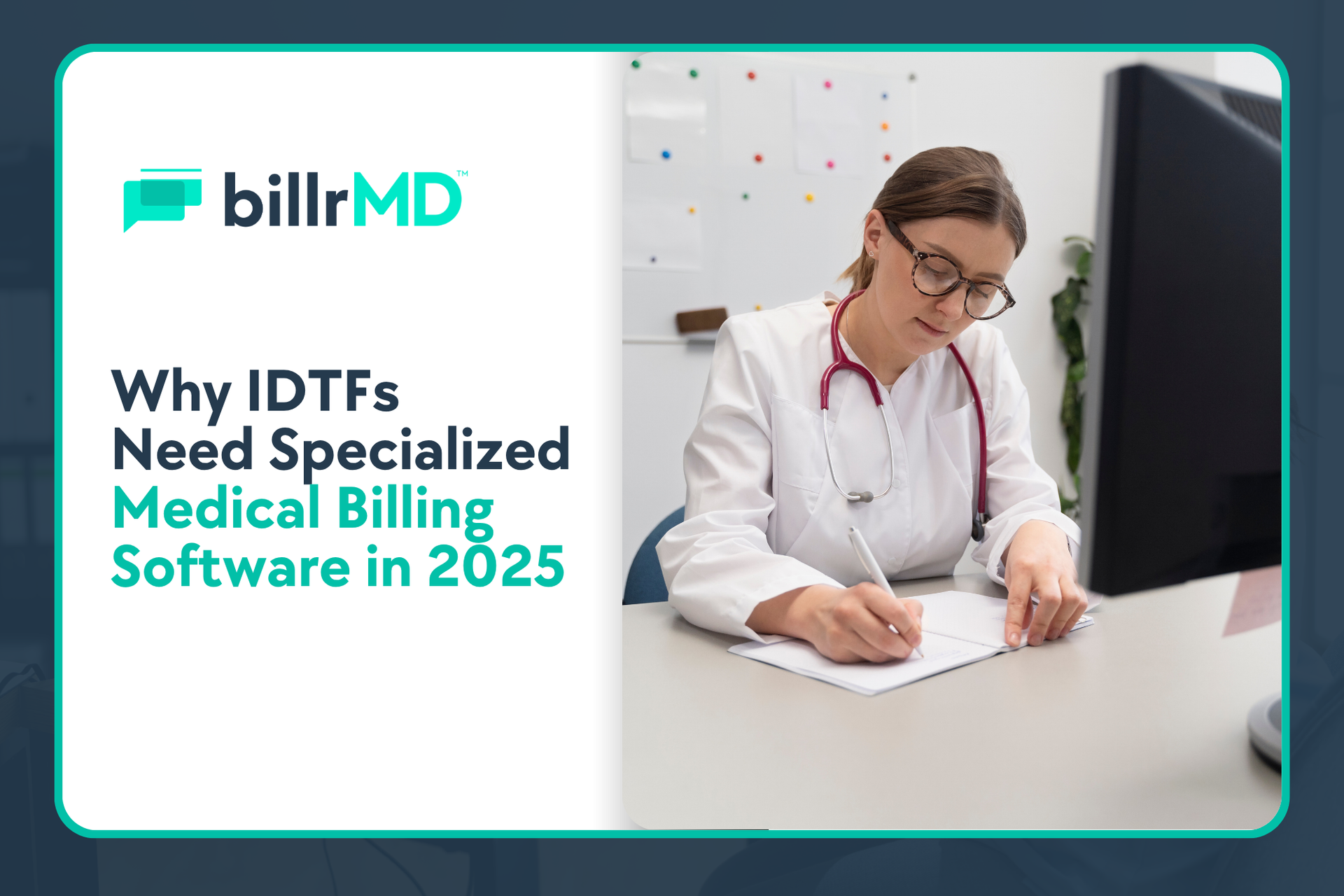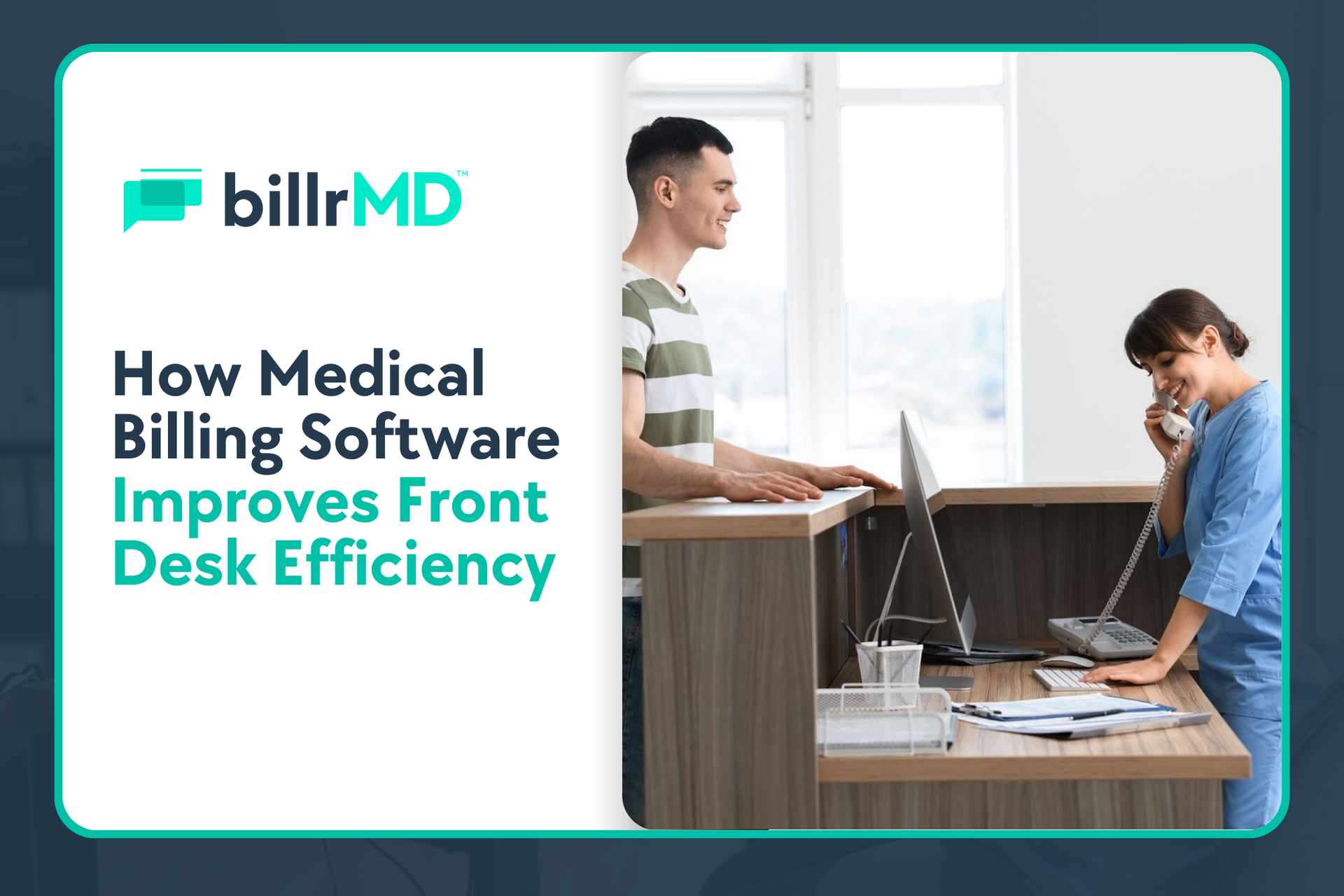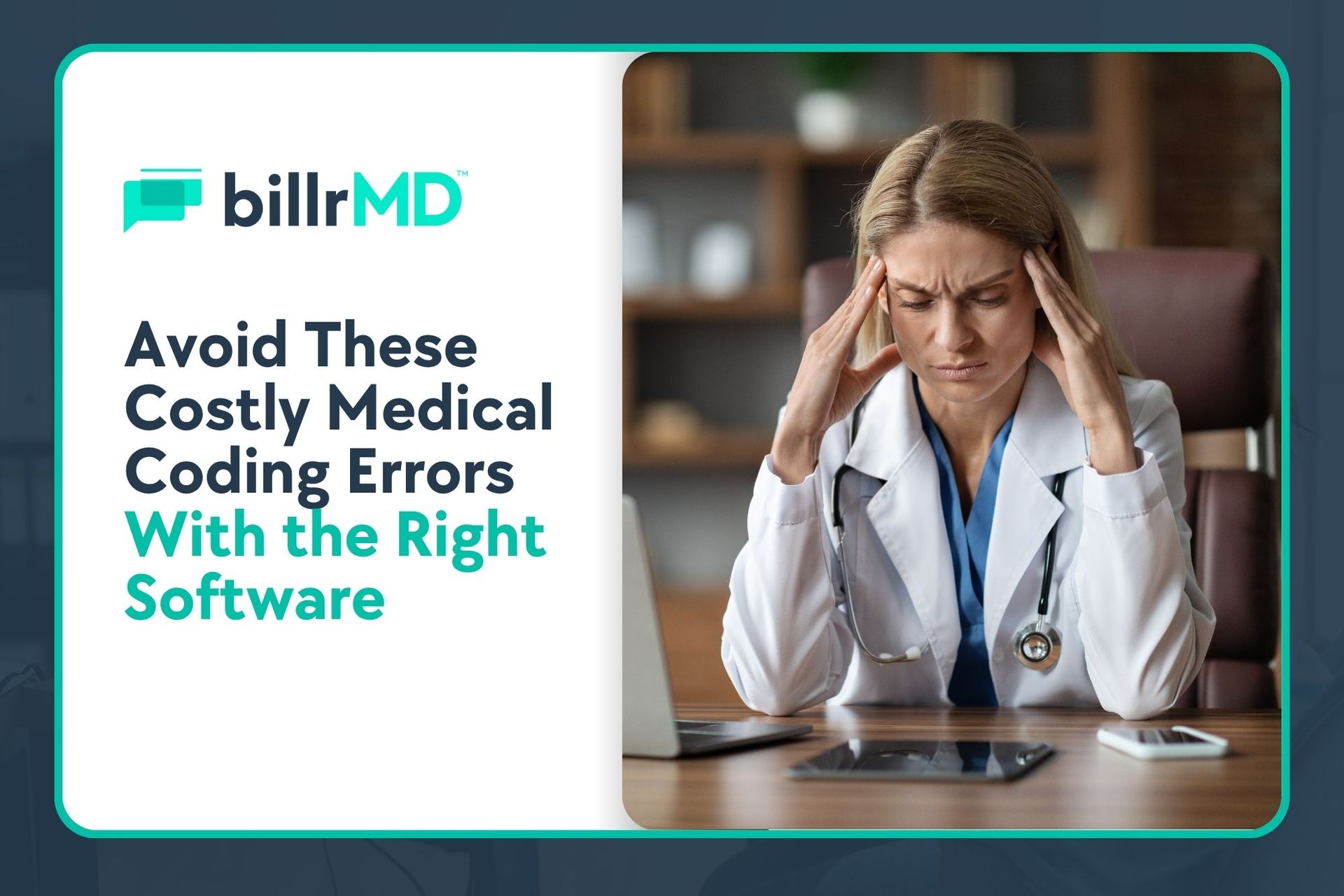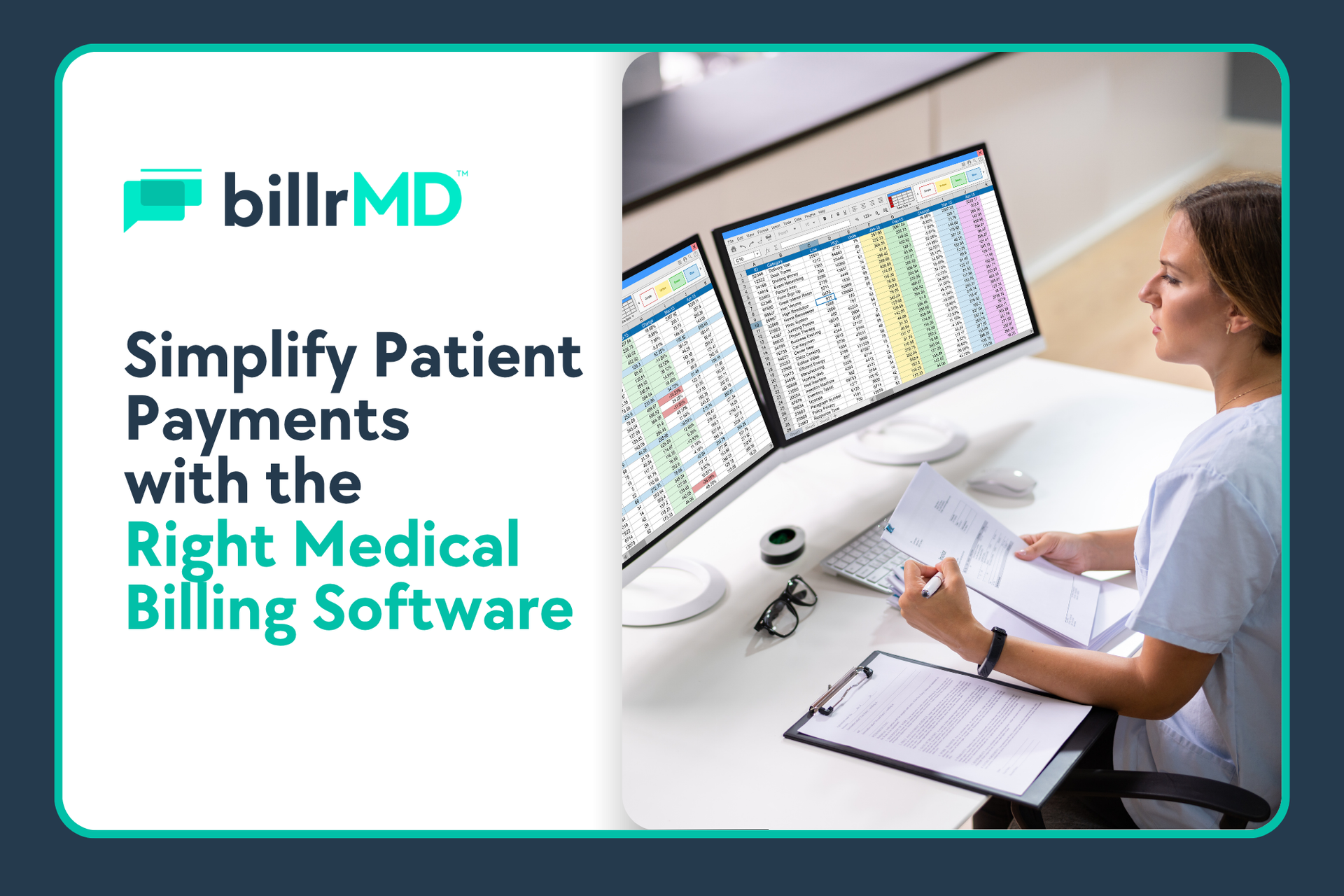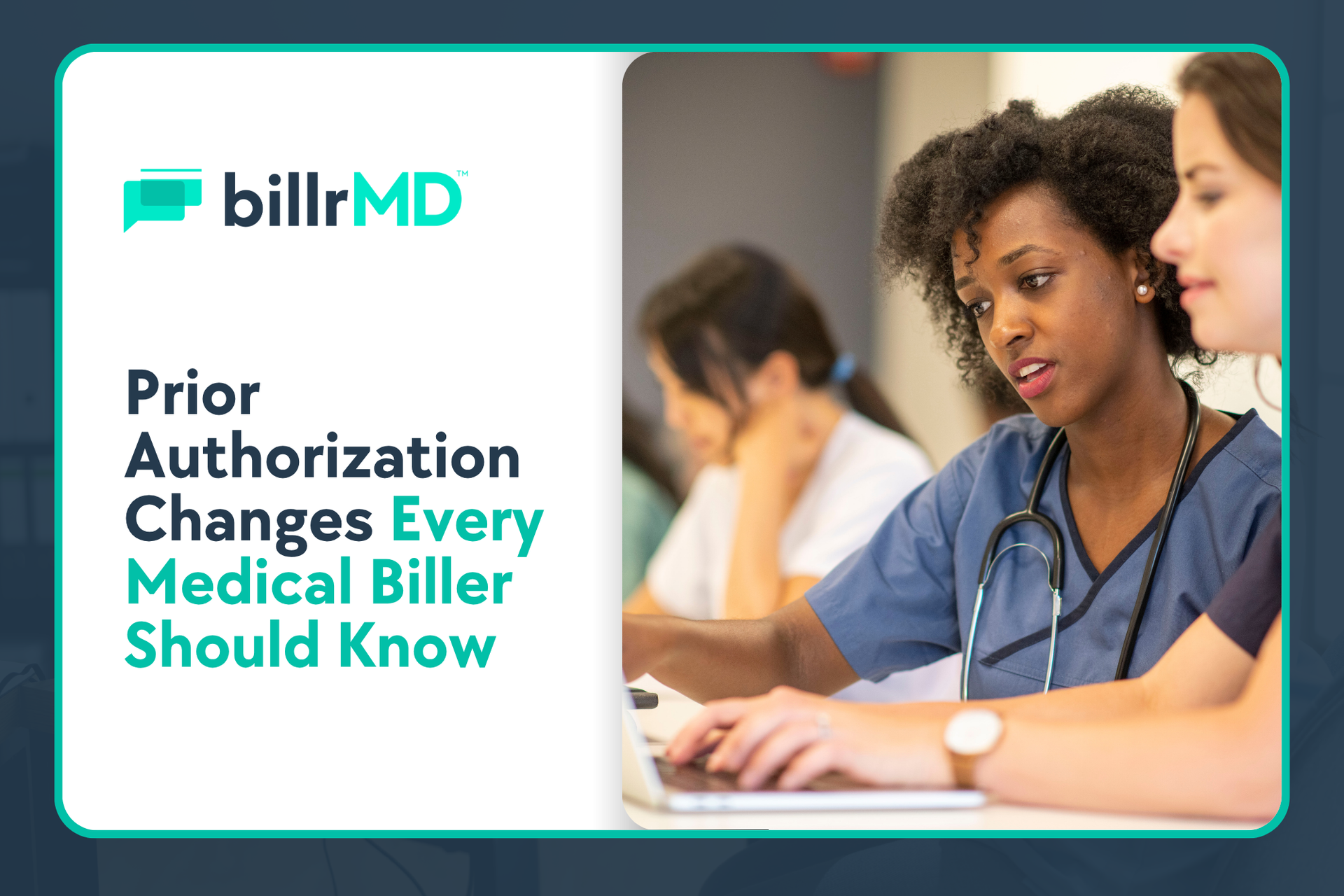Spotlight on Medical Billing Analytics: Operational Challenges


Medical billing forms the financial backbone of the healthcare industry, ensuring that services are accurately charged and efficiently reimbursed. Given its importance, integrating analytics into the billing process has become essential for maximum efficiency and thoroughness.
Explore how healthcare providers can tackle operational challenges head-on using advanced medical billing analytics.
Medical Billing Analytics Overview
Medical billing analytics uses data-driven insights to optimize healthcare providers' billing and collections processes. It plays a pivotal role in understanding patient billing patterns, identifying bottlenecks in the billing process, and uncovering opportunities to enhance revenue cycle efficiency.
The components of medical billing analytics are as follows:
- Data Collection: Gather data from various sources, including patient billing systems and insurance claims databases.
- Data Processing: Clean and organize raw data to ensure accuracy and usability. This step is crucial because data quality directly affects the insights derived from it.
- Data Analysis: Employ advanced analytical tools and statistical methods to extract meaningful patterns and trends. This capability involves everything from simple descriptive statistics to complex predictive models.
Healthcare Operational Challenges and How to Solve Them
Every day, healthcare practices face numerous operational challenges, from managing patient data to ensuring timely insurance reimbursements. These issues complicate workflows and impact healthcare providers' overall efficiency and profitability.
Medical billing analytics is changing the game for medical practitioners, helping them streamline processes and increase efficacy. By analyzing billing data, practices quickly identify areas for improvement and enhance their revenue cycles.
Below, you’ll learn how
billrMD’s medical billing system, with its robust analytics feature, directly addresses common
operational challenges:
Problem #1: Inefficiencies in Revenue Cycle
Healthcare practices experience revenue cycle delays due to complicated and error-prone processes. These include prolonged claim submission times, inefficient follow-ups on pending claims, and errors in coding that lead to rejections.
Delays and errors negatively affect cash flow, increase the cost of revenue cycle management, and require additional staff time to resolve issues.
Solution:
Our analytic tools are essential in identifying bottlenecks and inefficiencies within the revenue cycle management process. By tracking key performance indicators (KPIs) such as claim denial rates, time to payment, and reimbursement rates by payer, our system enables practices to optimize their billing processes. In turn, analytic tools reduce the time and costs associated with claims management and ultimately improve cash flow.
Billing analytics further enhance this process by pinpointing specific stages where delays typically occur, identifying common coding errors, and suggesting targeted improvements to streamline operations and reduce errors.
With billrMD, you gain comprehensive visibility into your accounts receivable. Our platform displays daily, monthly, and yearly data on your charges, payments, and percentage changes. This feature ensures you have a continuous overview of your KPIs, allowing you to monitor the health of your billing operations effectively.
Problem #2: High Denial Rates
One of the major medical billing challenges is denied claims. In 2023, nearly 50% of providers have seen their denial rate increase. Payers deny claims due to errors in coding, incomplete patient information, or non-compliance with payer-specific billing rules. High denial rates lead to rework, delayed payments, and increased administrative costs as staff spend time resolving these issues.
Solution:
Our medical billing system software, equipped with advanced analytics, helps identify patterns and common reasons for denials, enabling practices to address these issues proactively. billrMD generates accurate and timely data and updates it in real-time, eliminating the chance of claims being denied due to errors.
Additionally, integrating eligibility checks, prior authorization, and claims scrubbing tools into our billing system is critical in combating high denial rates.
Eligibility checks preemptively verify insurance coverage, ensuring all services billed are covered, which directly addresses denials due to coverage issues. Prior authorization tools confirm necessary approvals before healthcare providers perform procedures, tackling denials related to non-compliance with payer policies.
Lastly, claims scrubbing reduces coding errors and incomplete information by meticulously analyzing and correcting claims before they are submitted. These tools reduce the need for rework and hasten the payment process.
Problem #3: Data Overload
Healthcare practices often collect vast amounts of data from various sources, including patient records, billing information, and interaction logs. Managing and making sense of this extensive data can be overwhelming and complex.
With effective data management and analysis capabilities, critical insights remain hidden, and decision-making can be fast and efficient.
Solution:
billrMD's effective data management systems are crucial for sorting, analyzing, and effectively utilizing massive quantities of data. Its advanced analytics tools transform raw data into actionable insights, facilitating better decision-making and improving operational efficiency.
We even have a full document management tool that users can fully customize. This level of scalability allows users to define how they categorize, access, and archive documents, enabling them to streamline operations and reduce time spent on administrative tasks.
Additionally, the document management tool integrates seamlessly with our analytics tool, providing a unified solution that stores and helps analyze and retrieve data efficiently. This integration ensures that you can easily access all information, from patient records to billing details.
Problem #4: Slow Patient Flow Management
Hospitals and clinics face challenges in optimizing patient movement through various stages of care, from registration and initial assessment to treatment and discharge. The goal is to minimize wait times and bottlenecks, improve patient satisfaction, and enhance operational efficiency.
Solution:
Analytics identify patterns in appointment cancellations and no-shows, enabling clinics and hospitals to adjust their scheduling practices. Our platform's dashboard allows you to filter and view the total number of appointments, either across your entire practice or by individual provider. These features optimize healthcare resources and improve patient access to necessary care.
Problem #5: Poor Trend Analysis and Forecasting
Difficulty in accurately predicting financial performance and patient volume makes it challenging for practices to plan effectively. Without reliable forecasts, practices either underinvest or overinvest in resources, affecting their ability to provide services and remain financially stable.
Solution:
Predictive analytics can enhance long-term financial planning and strategy. billrMD’s analytics and reporting tool uses historical data to forecast future trends in practice management, such as patient volume, revenue fluctuations, payer behavior, CPT analysis, and billing register.
Since we offer user-defined filter criteria, you’ll have highly customized reports on these aspects of practice management. Moreover, you can quickly pull them from the platform and print or export them on demand. When healthcare practices monitor historical data, they can make informed decisions about expansion, staffing, and other investments.
Problem #6: Unnecessary Operational Costs
There is a continuous challenge in identifying and eliminating wasteful spending within the billing process, which unnecessarily increases the cost of healthcare delivery.
Inefficiencies may manifest as duplicated claim submissions, unnecessary follow-ups, or an incoherent strategy that fails to optimize reimbursements. In fact, health systems and
hospitals spend $19.7 billion annually to dispute denied claims. These issues drive up operational costs, burden employees with a heavier workload, and detract from the overall efficiency of healthcare service delivery.
Solution:
Advanced analytics help pinpoint patterns of inefficiency and financial leakage. For instance, in billrMD’s analytics tab, you can also find a CPT analysis report. It could reveal that certain procedures are consistently reimbursed at lower rates, suggesting a need to renegotiate payer contracts or adjust service offerings. Healthcare practices achieve better revenue optimization and more sustainable operations by eliminating unnecessary costs.
Integrated and Cost-Effective Medical Billing Solutions at billrMD
Efficient medical billing management is crucial for sustaining operational excellence and focusing on patient care.
billrMD’s integrated solutions
address common billing challenges and enhance overall practice efficiency through advanced analytics and user-friendly features. Our web-based practice management and medical billing software offers a smarter way to handle billing, helping providers cut through the clutter and focus on what matters—patient care.
Request a demo of billrMD or
try it for free to discover how our tools can transform your healthcare practice!

